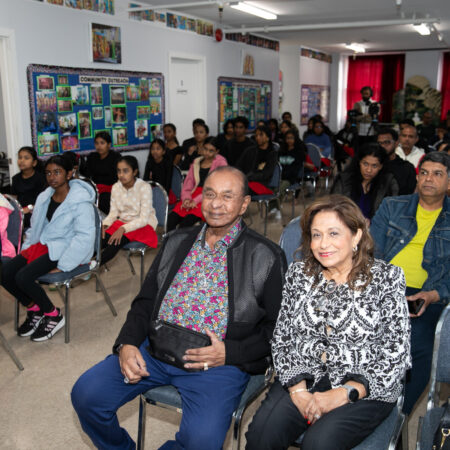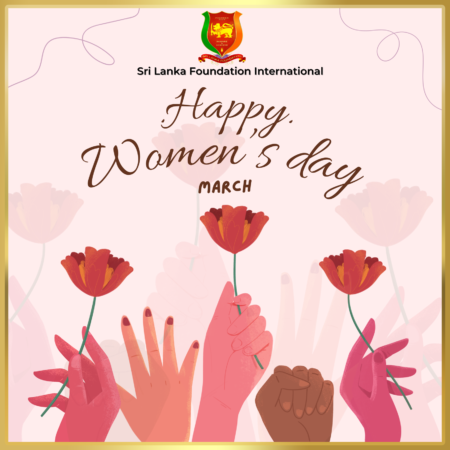When we speak of gender equity in education in South Asian countries, we immediately think of the disadvantages girls face in access to education. While most of South Asia still faces the gender gap challenge in favor of boys, Sri Lanka’s educational gender gap favors girls. Sri Lankan girls are consistently outpacing boys both in terms of educational access and achievement.
According to a recent study conducted by Dr. Harsha Aturupane, Lead Economist in the Education Global Practice of the World Bank, they observed this trend in educational participation and outcomes over the course of the Transforming the School Education System as the Foundation of a Knowledge Hub Project in Sri Lanka.
Although there is gender parity in educational access at the primary level, the gender gap becomes quite pronounced at the senior secondary level. Like most high-income countries and some middle-income countries, Sri Lanka’s boys are more likely to drop out than girls at higher levels of the education system. At the secondary level continues into the tertiary level with girls forming the majority in most fields, except for engineering. The gender gaps also extend to educational outcomes, with girls outperforming boys at every level of the education system and across all national examinations.
At the senior secondary level (A-level),boys choose the Physical Sciences in much greater numbers than females. However, females are passing the exams at higher rates than males. Three potential factors contribute to this gender gap. The first are the Employment opportunities for boys. Boys have early employment opportunities in the informal labor market while girls do not have them, so they tend to stay in school longer. The second is the social and cultural influences and perceptions. Despite evidence that girls outperform boys in educational achievement, a common perception among parents, school administrators and education officials was that boys are naturally smarter than girls, and do not need to work as hard. The third is the preference for rote learning and not “hands on” activities.
As Sri Lanka prepares for the next phase of its education development program, there are exploring initiatives to address gender gaps in the education system and the labor market. These initiatives include strategies to ensure that the curriculum and wider school community does not perpetuate common gender misperceptions and stereotypes that may discourage boys from engaging fully with school and may discourage girls from fully participating in the labor market. They are also initiatives to develop links between education and the labor market through enhanced career guidance programming at the school level. They are planning on publishing their findings on their forthcoming report, Sri Lanka’s Underperforming Boys: Gender Dimensions of Access and Participation in Education.










![TV-Poster-All-Exhibition-Sri-Lanka-in-Focus-USA-2025[1]](https://www.srilankafoundation.org/wp-content/uploads/2025/04/TV-Poster-All-Exhibition-Sri-Lanka-in-Focus-USA-20251-450x450.jpg)











